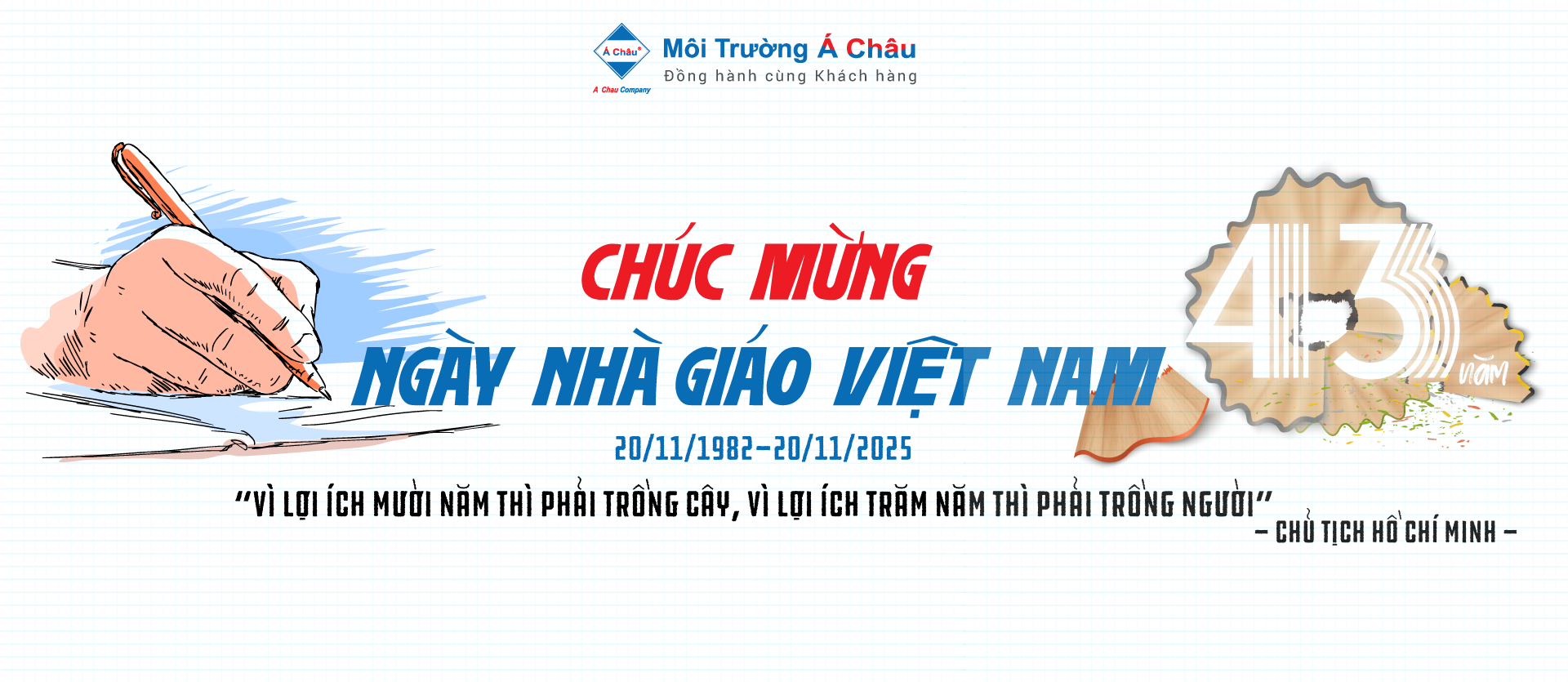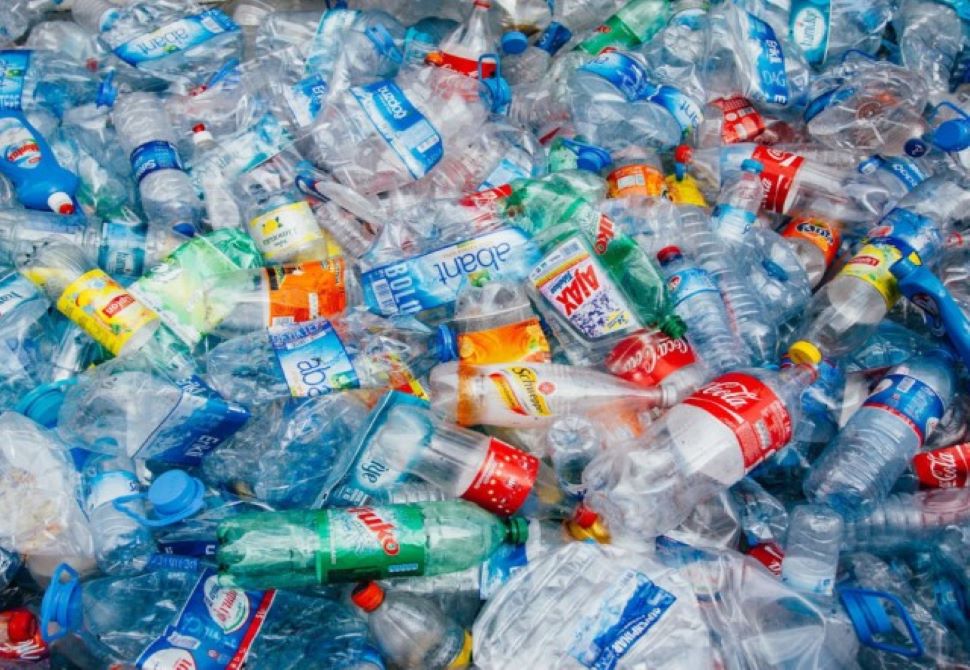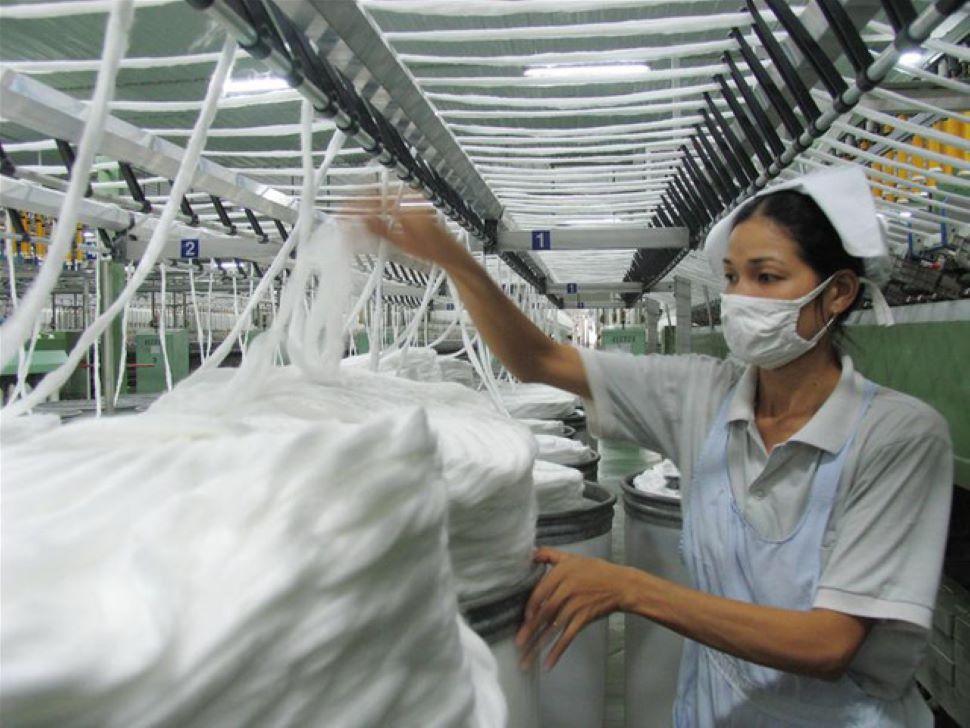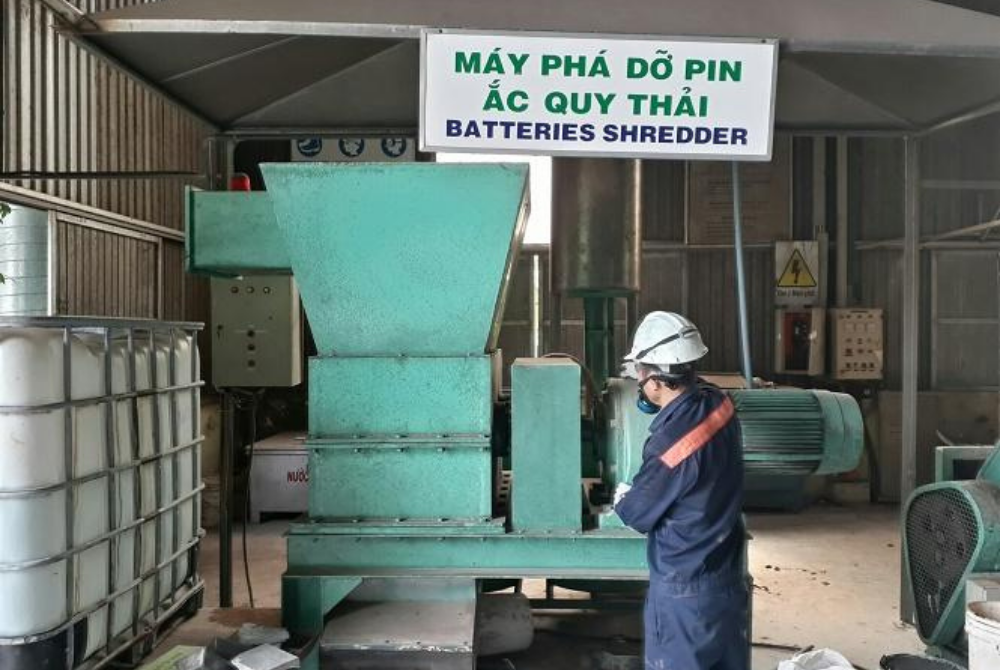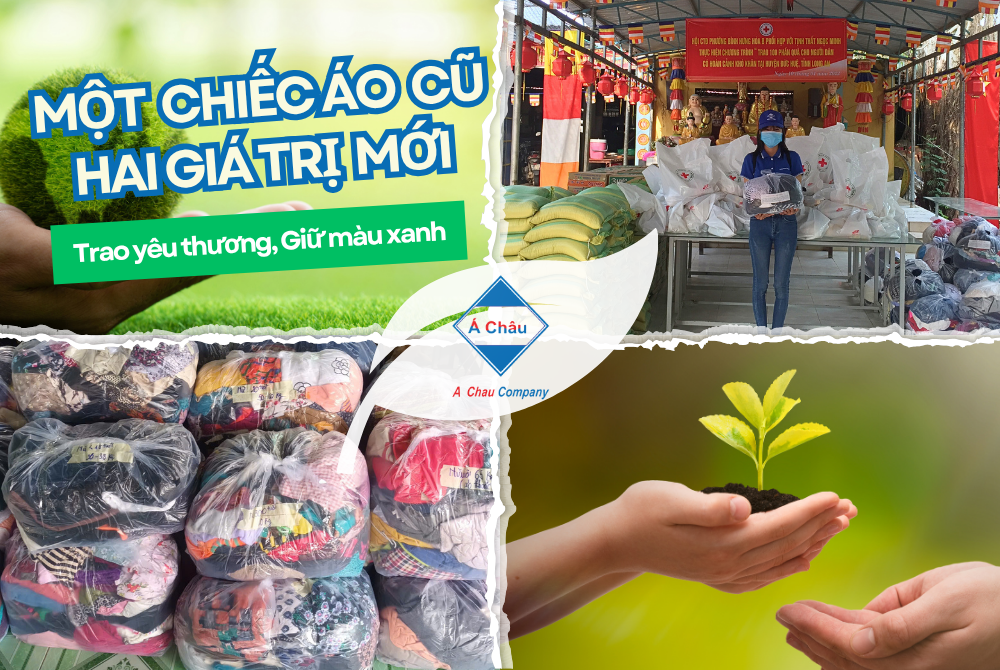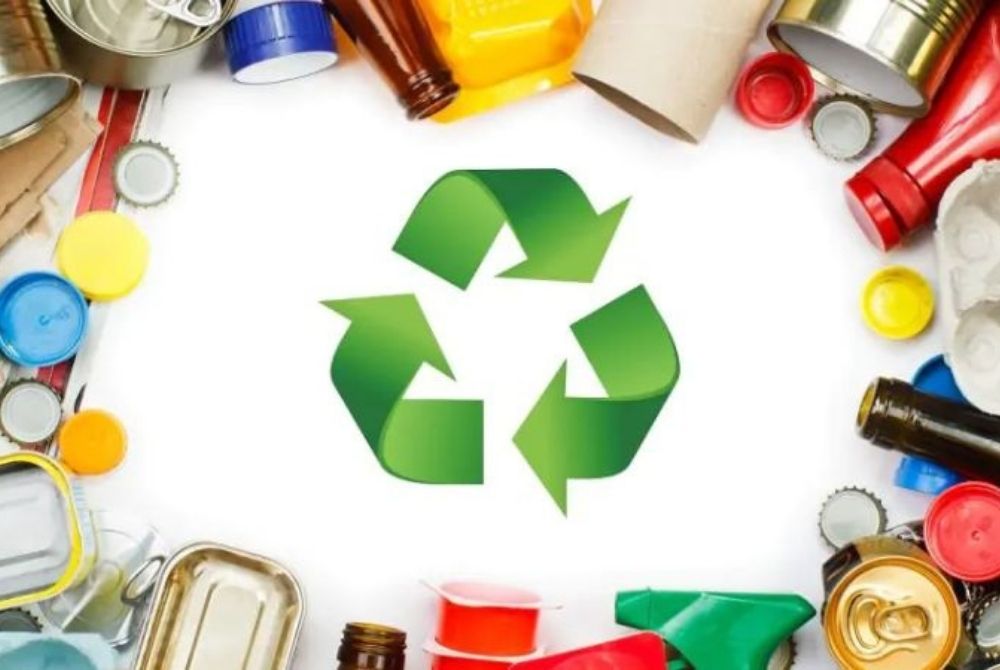Recycling - The Key to Reducing Dependence on Imported Materials?
VTV.vn - Vietnam produces the fourth most plastic waste globally but spends billions of dollars annually importing scrap. Will promoting collection and recycling help businesses reduce dependence on imported raw materials?
View more:
EPR - Instructions for registering plans, reporting recycling and declaring financial contributions to the Environmental Fund!
Regulations on recycling responsibilities of manufacturers and importers
Vietnam is the world's fourth largest plastic waste dumping but is the second largest importer of plastic scrap after China banned scrap imports.
Vietnam imports over 10 million tons of waste yearly, not just plastic. This puts firms in the position of needing more raw materials, needing to import them for manufacturing, discarding them, wasting resources that might be recycled from waste, and spending extra money to process them
Vietnam is the fourth largest plastic waste dumping in the world. (Illustration - Photo: Investment Newspaper)
The Law on Environmental Protection recently added Extended Producer Responsibility (EPR), which implies that once customers throw away a product, producers and importers must recycle it at a set rate.
Six plastic packaging products must be recycled based on life cycle, lifespan, and collection rate. For example, from 2024, packaging, battery accumulators, and lubricants will have a recycling rate of 0.8 - 22%. By 2025, electronic products must be recycled from 0.5 - 15%. By 2027, starting to use vehicles, the rate will be 0.1 - 0.5%.
Enterprises can collect, recycle, hire or delegate a recycling intermediary. If the manufacturer does not organise recycling, it must contribute part of the cost to the Environmental Fund.
Boost recycling to reduce dependence on imported materials.
Recycling benefits both the environment and business. With global commodity prices rising, more recycling will assist in reducing the demand for imported materials, particularly for recyclers.
Plastic bottles and cotton pads seem unrelated, but pay attention; water bottles become recycled materials to produce cotton pads after being thrown away.
Switching to using fibres from recycled materials, TNG Cotton Factory has proactively sourced about 80% of domestic raw materials instead of importing almost all.
"Fiber using recycled plastic brings many benefits and is supported by customers because this product is environmentally friendly, and the price is significantly reduced. Compared to virgin fibre products, the reduction is up to 30%. ", said Mr La Anh Chien, Branch Director of TNG Cotton Factory.
In addition to serving the domestic market, businesses that recycle Vietnamese plastic can also take advantage of preferential tariff opportunities from many free trade agreements (FTAs). As Ngoc Nghia Plastic Joint Stock Company, specialising in collecting and recycling plastic bottles, has partners in 24 countries worldwide, they say the demand for recycled plastic is enormous.
"The future of the plastic industry is very potential. In Europe, the demand for recycled plastic is expected to increase by about 43% this year, and the same in Vietnam, especially when the Government's regulations take effect," he said. John Russell Gray, Deputy General Director of Ngoc Nghia Plastic Joint Stock Company, shared.
Fiber used with recycled plastic offers many benefits. (Illustration - Photo: Investment Newspaper)
Plastic enterprises still have to import about 80% of production materials. Iron and steel are also in a similar situation. Therefore, businesses must proactively increase recycling rates from domestic raw materials to reduce dependence on imports.
Need to organise recycling on a larger scale.
However, in reality, recycling activities still occur spontaneously and need to be more cohesive, facing many difficulties right from the collection stage.
"Currently, most recycling in Vietnam is at a very preliminary level. Industrial-scale processing facilities are almost very few, can be counted on the fingers of one hand," Mr. Hoang Trung Dung, General Director of Petroleum Products and Additives Development Joint Stock Company, said.
Therefore, to ensure that recycling does not cause secondary environmental pollution, replacing trimmed, fragmented facilities with modern recycling companies is necessary. Duy Tan Recycling Company has invested 800 billion VND in high-tech recycling equipment but only operates at 60% capacity due to a lack of input materials.
"We have to contact many units, such as buying waste and bottles to ensure input for the factory. Currently, the output we collect is still unstable because the collection sources do not have a guaranteed system," Ms Duong Tu Uyen Thao, Sales Director of Duy Tan Recycling Company, said.
"With the domestic recycling and collection industry, financial security is fragile because it depends on many issues. Therefore, cash flow from manufacturers and importers will ensure "It is safer for recycling businesses," said Mr Hoang Duc Vuong, Chairman of the recycled plastics branch of Vietnam Plastics Association.
Experts say that to carry out the recycling on a larger scale, it is necessary to provide financial support for modern recycling facilities. People also need to change how they classify waste right from the source.
Recycling units will also receive partial financial support from the Vietnam Environmental Fund if they meet the conditions implemented by the national EPR council.
This council operates under a 4-Party, including management agencies, businesses, associations representing manufacturers and importers, recycling and waste treatment units and environmental organisations. Schools, consumer protection associations. This mechanism will help manage and use contributions openly and transparently.
"Different from other mechanisms, the EPR Council is an open mechanism, a forum for manufacturers to participate in consulting, monitoring and managing the use of that funding, because all funding is approved. by the EPR council", said Mr Phan Tuan Hung, Director of the Legal Department, Ministry of Natural Resources and Environment.
Source: VTV.vn
